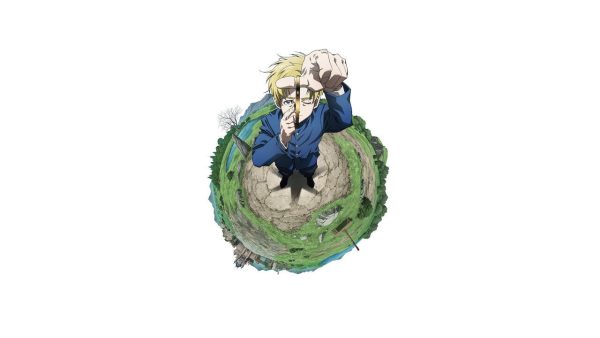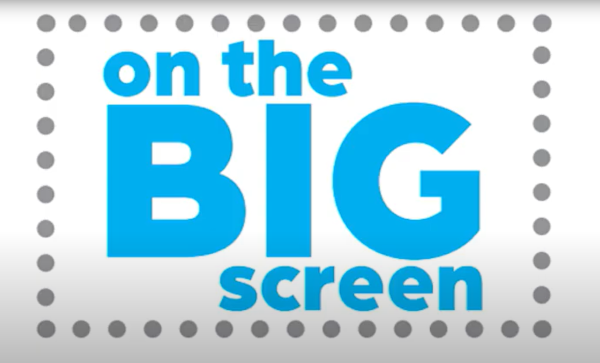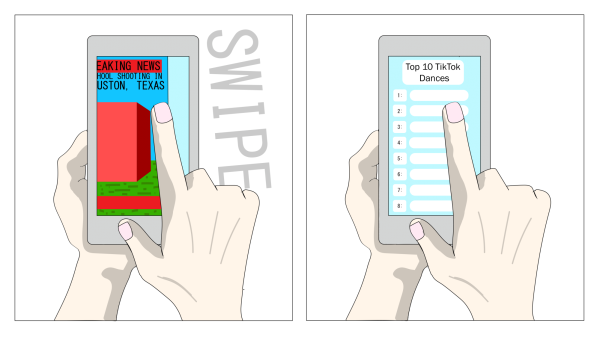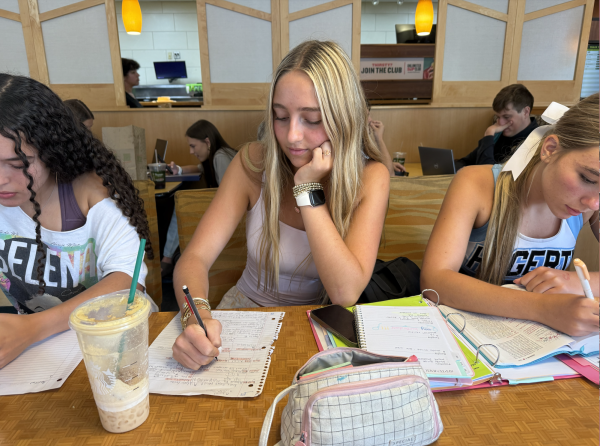Native American Heritage Month should not go forgotten

photo by Wikimedia Commons
Senior Emalee Hoskins’ relatives live on the Samajiji Miawpukek reservation in Newfoundland, Canada. While reservations like theirs still uphold traditions like annual powwows and sustenance farming, they have also adopted modern housing and urban integration, despite common stereotypes.
While Native American Heritage Month was created to celebrate indigenous people, Gov. Ron DeSantis is doing the opposite, pushing educators to stop teaching students that the United States was built on stolen land and making it even harder for indigenous people to preserve their history.
Senior Emalee Hoskins and her family belong to the First Nation. Located in Samijij Miawpukek, a federal Native American reserve in Newfoundland, Canada, their community is made up of around 800 natives. Though she herself has never been the subject of prejudice among her peers, she does witness many stereotypes about Native Americans outside of school.
“The best way we can handle Native American Heritage Month is by educating others on the modern life of indigenous people,” Hoskins said. “We tend to think of natives hundreds of years ago and the issues they faced then instead of now.”
According to a 2015 study by Pennsylvania State University, 87% of schools in the U.S. do not cover Native American history after the 1900s, making stereotypes about their modern lives all the more common. According to Hoskins, one of the most common assumptions she hears about indigenous people in Seminole County is that they live in longhouses or teepees. Natives already face heavy stereotyping, making NAHM a vital opportunity to debunk these misconceptions and educate others. However, this opportunity is not being taken advantage of.
Even with DeSantis’ public sentiment against Native Americans today, NAHM is probably going largely unnoticed simply because of the number of indigenous people in Florida. Out of 21.78 million residents, only 1.7% of them are indigenous, and that number is even lower in states like Pennsylvania and Massecheussets. Even though Florida has few Native American reserves compared to states like Alaska, Oklahoma, and New Mexico, and even fewer indigenous students, it is more important than ever to acknowledge them, because acknowledging natives is just one part of acknowledging every minority, no matter how small the numbers are. As a Native American, Hoskins believes that NAHM gives her and others the opportunity to be made aware of modern native issues, not ignore them.
“It’s important to highlight that all native cultures are vastly different, and for people to understand that, while natives do have traditions, they are just like everyone else,” Hoskins said. “We do not live in ‘teepees,’ and we do not have easier lives because of government benefits.”
Your donation will support the student journalists of Hagerty High School. We are an ad-free publication, and your contribution helps us publish six issues of the BluePrint and cover our annual website hosting costs. Thank you so much!






